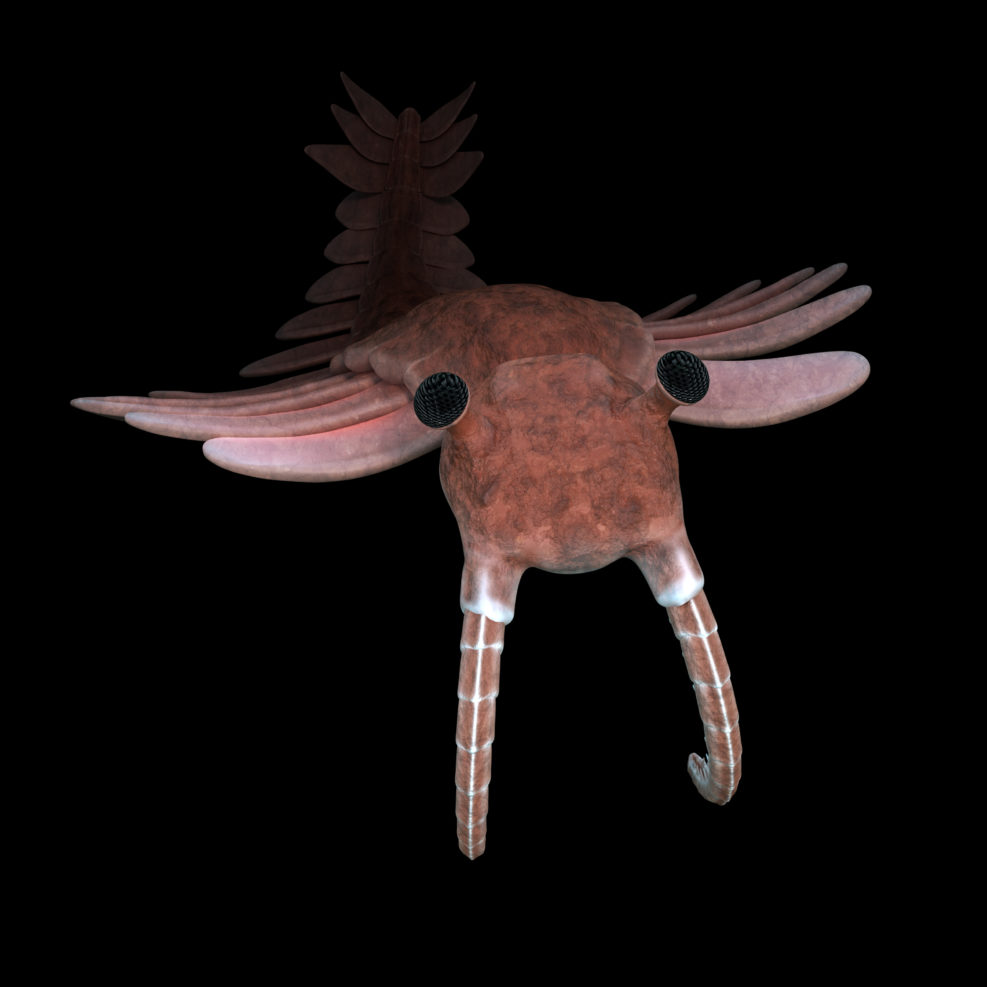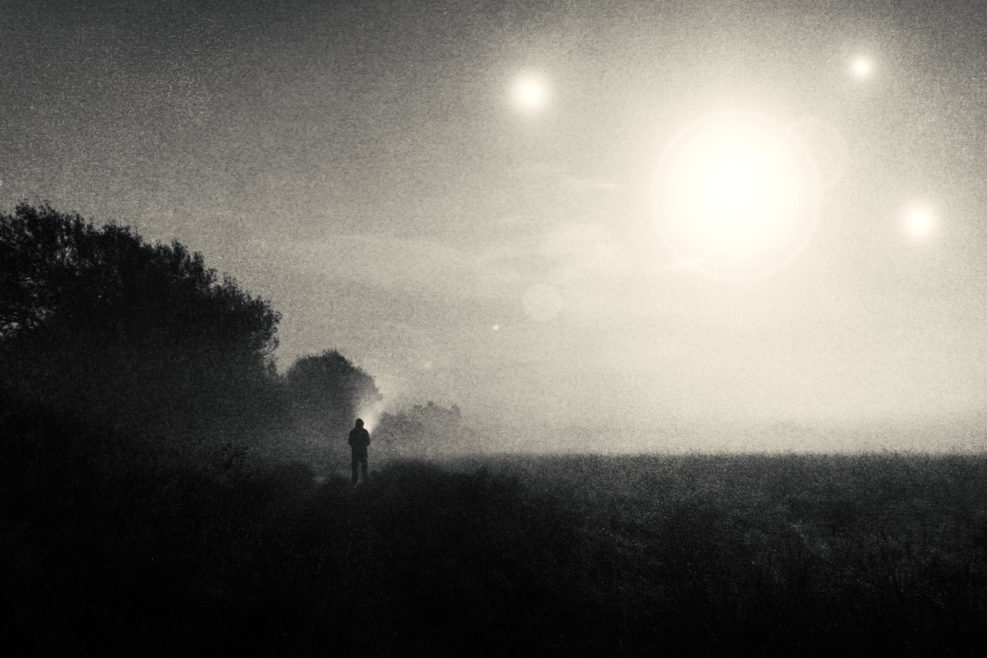
The Divine Hiddenness Argument Against God’s Existence = Nonsense
God in Himself is immeasurably greater than we are, and He transcends all human knowledgeIn my recent debate with Matt Dillahunty about the existence of God, Dillahunty invoked his favorite argument against God’s existence — the Divine Hiddenness argument. We didn’t have a chance to go into that argument in detail in the debate, and Dillahunty is unwilling to have any more debates with me (even if he’s paid, apparently). So this is a good forum to look at that argument in more detail. What is the argument for atheism from God’s Hiddenness? This is a standard form of the argument from Divine Hiddenness against God’s existence: Necessarily, if God exists, then God perfectly loves such finite persons as there may be. Necessarily, if God perfectly loves such finite persons as there may be, Read More ›


















